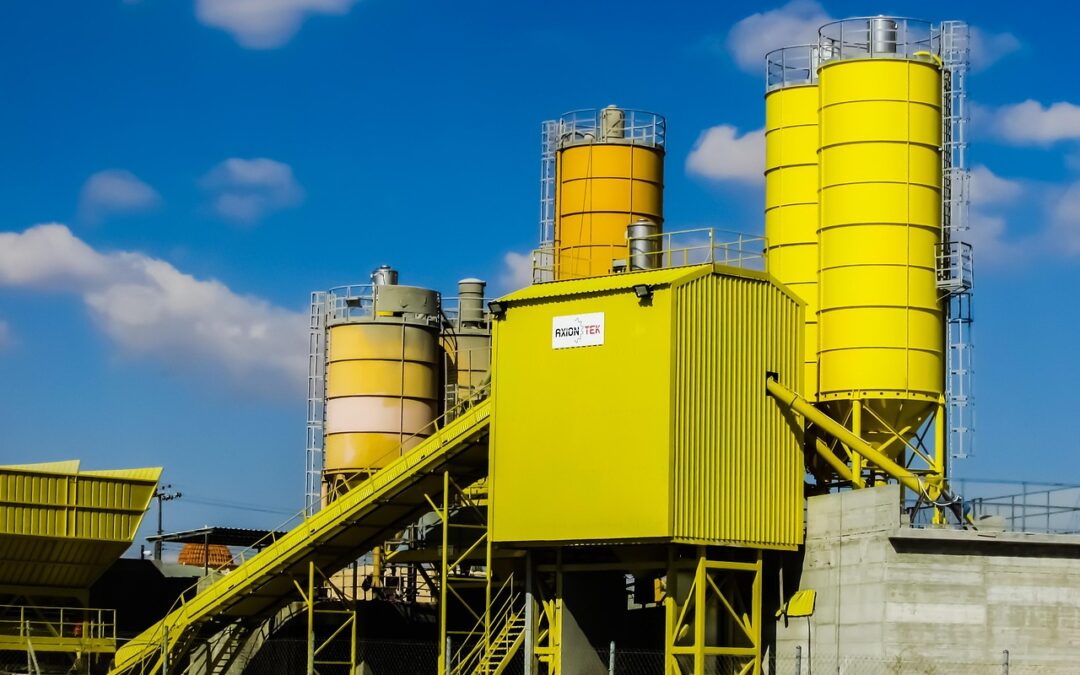Contents
Excavation Services: Your Guide to Earthmoving Expertise
TL;DR – Too Long; Didn’t Read
Excavation is essential for construction projects and involves digging, removing, and transporting soil and other materials. Hiring a professional excavation contractor is crucial for safety, efficiency, and quality. Excavation services include land clearing, site preparation, trenching, foundation excavation, demolition, and more. Factors to consider when choosing a contractor include experience, licensing, equipment, safety practices, and cost. The excavation process involves site assessment, equipment selection, excavation techniques, soil removal, and site cleanup.
What is Excavation and Why is it Important?
Excavation is the process of digging and removing soil, rock, or other materials from a site. It plays a vital role in various construction projects, such as:
- Preparing land for new buildings, roads, or utilities
- Creating foundations for structures
- Installing underground utilities (e.g., water, sewer, gas)
- Demolishing old buildings or structures
Types of Excavation Services
Land Clearing
This involves removing vegetation, debris, and obstacles from a site to prepare it for construction.
Site Preparation
This includes grading and leveling a site to ensure proper drainage and stability.
Trenching
Digging narrow, deep trenches for underground utilities such as water, sewer, gas, and electric lines.
Foundation Excavation
Excavating the foundation of a building to provide a stable base for the structure.
Demolition
Controlled destruction and removal of existing structures, including debris removal.
Choosing the Right Excavation Contractor
Experience and Expertise
Look for a contractor with experience in various excavation projects relevant to your needs.
Licensing and Insurance
Ensure the contractor is licensed and has liability and workers’ compensation insurance.
Equipment and Technology
Modern equipment and technology improve efficiency, safety, and accuracy.
Safety Practices
Safety should be a top priority. The contractor should follow industry best practices and adhere to safety regulations.
Cost and Budgeting
Consider factors like site conditions, project complexity, and equipment usage when budgeting for excavation costs.
The Excavation Process
Site Assessment
The contractor assesses the site to determine the scope of work, soil conditions, and any potential challenges.
Equipment Selection
The appropriate heavy equipment is selected based on the project requirements, site conditions, and soil type.
Excavation Techniques
Different excavation techniques are used, such as digging, blasting (in some cases), and hydraulic excavation.
Soil Removal and Disposal
Excavated soil is removed and hauled away to an approved disposal site.
Site Cleanup and Restoration
The site is cleaned up, graded, and restored to its original condition or as per project specifications.
FAQs
How long does an excavation project take?
The duration depends on the size and complexity of the project, as well as site conditions.
What permits are required for excavation?
Permits may be required for activities such as digging near underground utilities or disturbing protected areas.
How much does excavation cost?
Costs vary based on factors like soil conditions, project size, equipment usage, and labor rates.
Conclusion
Hiring a professional excavation contractor is essential for safe, efficient, and high-quality results. Consider the factors discussed above to choose a reputable contractor who can meet your specific project needs. Contact a local excavation company today for a consultation and estimate on your project.

